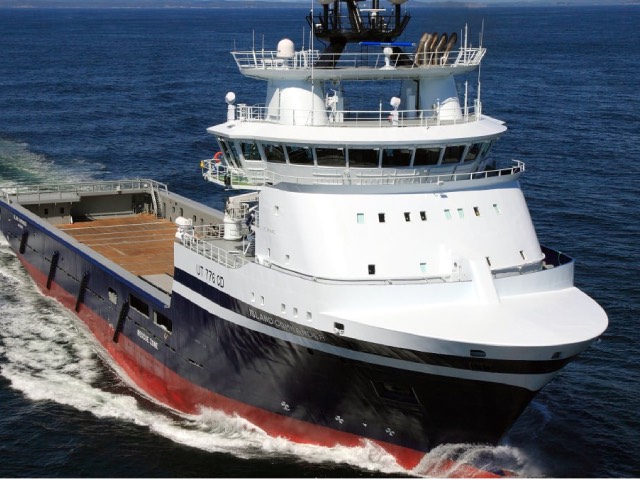Kongsberg Digital is proud to announce that it has signed a contract to deliver its Vessel Insight infrastructure solution to the entire Island Offshore fleet of 26 highly advanced offshore service vessels. This is one of the largest contracts for Vessel Insight since the software solution was launched in 2019.
By installing the Vessel Insight infrastructure, Island Offshore will collect all the data from its fleet using a common platform. The data collected will enable the company to use advanced decision support tools and benchmark its vessels, comparing operational data from all vessels to reduce fuel consumption and emissions. It will also facilitate automation of reporting processes.
“We are very pleased to contribute to further strengthening KONGSBERG’s collaboration with Island Offshore,” says Andreas Jagtøyen, Executive Vice President of Digital Ocean at Kongsberg Digital. “We look forward to working closely with them to deliver and further develop solutions that can give them a competitive advantage in the market, as well as helping them to achieve their goals for safety, efficiency and sustainability.”
Four vessels in the Island Offshore fleet are already connected to the Vessel Insight platform, using the Kongsberg Maritime Vessel Performance application and MARESS, a partner application from Yxney Maritime, available via Vessel Insight’s Maritime Ecosystem. This has led to the four vessels moving from manual to automated reporting in a very short time. Kongsberg Digital is now installing the Vessel Insight platform on the remaining vessels in the fleet.
“By collecting all data on one common platform, we gain a correct and efficient starting point to analyze our operations and compare all the vessels in the fleet,” says Trond Hauge, Technical Manager, Island Offshore. “In this way we can share experiences between the vessels and ensure that we operate as efficiently and safely as possible, while at the same time making our fleet even more sustainable by reducing fuel consumption. With increasing demands for reporting, moving from a manual to an automated reporting process will save us a lot of work.”






































